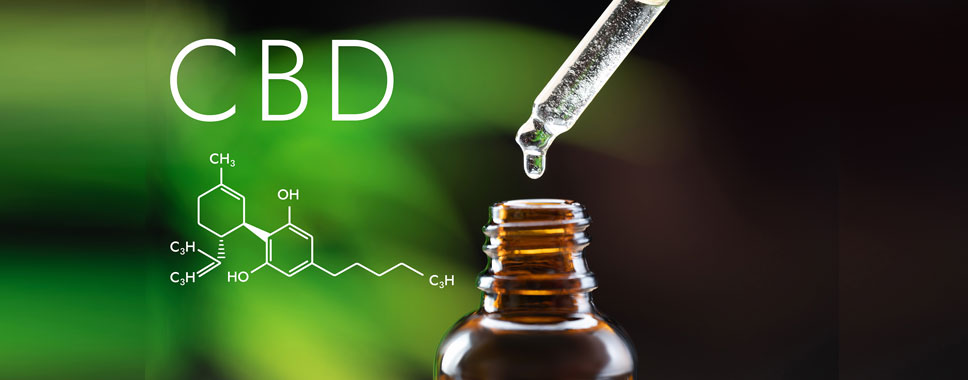The open-label phase II BELIEVE study has revealed positive outcomes in children with developmental and epileptic encephalopathies when using synthetic transdermal cannabidiol (CBD) gel as an add-on treatment. The study, presented at the American Epilepsy Society 2020 virtual annual meeting, demonstrated a median reduction of 44% in consciousness-impairing seizures at 3 months and 73% at 12 months from the baseline with the adjunctive CBD gel.
While pharmaceutical-grade CBD in oral solution is approved for certain developmental and epileptic encephalopathies, administering oral medications can be challenging for patients with behavioral or cognitive impairments. CBD gel offers an alternative method of administration that may be more suitable for such patients. Researchers emphasize the importance of conducting trials with CBD across a wide range of epilepsies and causes.
Previous research showed that CBD gel did not effectively reduce seizure frequency in adults with focal epilepsy. However, this may have been attributed to the doses used in the study or a high response rate in the placebo arm. In the BELIEVE study, a manufacturer-sponsored, multiple-dose trial, CBD gel was applied every 12 hours for a 26-week treatment period in patients aged 3 to 17 with developmental and epileptic encephalopathies. The gel doses were weight-based and could be adjusted accordingly.
During the 26-week treatment period, participants experienced median reductions of 45% for focal impaired awareness seizures, 60% for generalized tonic-clonic seizures, and 59% for focal to bilateral tonic-clonic seizures. At the 12-month mark, the median reductions for focal impaired awareness seizures, generalized tonic-clonic seizures, and focal to bilateral tonic-clonic seizures were 100%, 83%, and 59% respectively. Exploratory analysis indicated that participants with co-existing autism experienced fewer seizures.
The study reported 30 serious adverse events over the 72-week treatment period, with two events potentially related to the drug. Vital signs, ECGs, and laboratory findings remained stable for most patients. Although concerns have been raised about the long-term effects of CBD treatment in children, the benefits of better seizure control may outweigh the theoretical risks.
The findings of the BELIEVE study support further investigation of transdermal CBD as a potential treatment for developmental and epileptic encephalopathies. Zynerba Pharmaceuticals is currently evaluating transdermal CBD for behavioral symptoms in children with Fragile X syndrome.

 hempcentral
hempcentral 



Comments